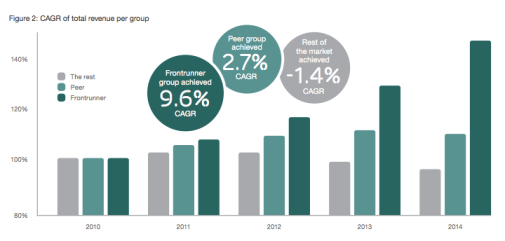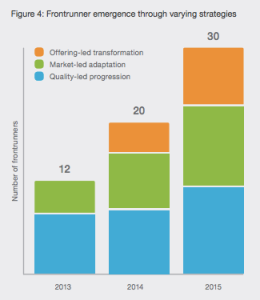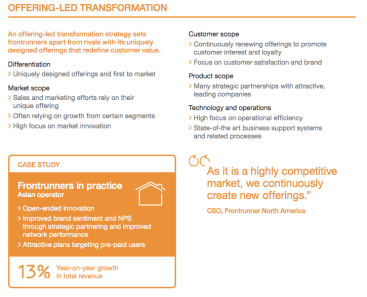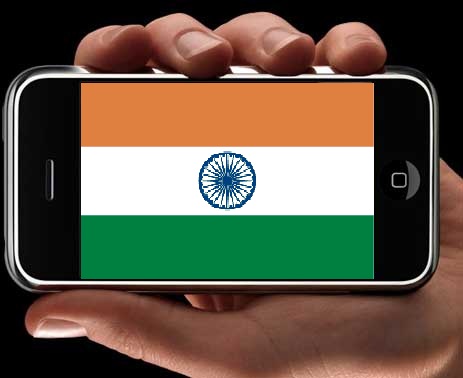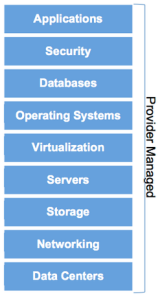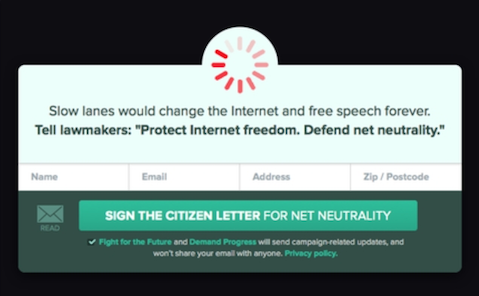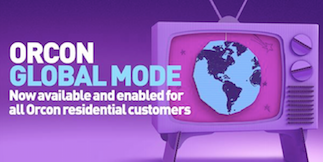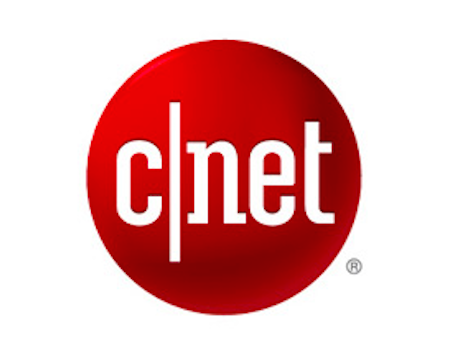The New Zealand government is one of the parties involved in the TransPacificPartnership Agreement (TPPA or TPP for short). The TPP is no simple “free trade agreement.” It goes further than tariffs and quotas.
According to the Fair Deal Coalition “the Trans Pacific Partnership (TPP) will reach beyond the border, into New Zealand’s own policy-making and regulatory processes. [And] could stop future governments from making their own decisions on important issues including how long copyright lasts and how Internet Service Providers do business”.
❏ Global Mode developer defends service
The American Motion Picture Association once tried to ban the personal VCR based on copyright principles, the VCR then became on of the largest ways for the consumer to purchase TV shows and movies for in home viewing.
Hollywood has already approached New Zealand’s Department of Internal Affairs to stop Kiwis accessing online content.
Radio NZ reported in July of this year that the Motion Pictures Distributors Association wanted access to the Internal Affairs child pornography filter, so they could block access to copyrighted material.
Should a US organisation with commercial interests control your ability to access websites when you are in New Zealand governed by New Zealand laws?
About 25 years ago the world wide web was invented by Timothy Berners-Lee. Last month in an interview with the Washinton Post, Berners-Lee said that US system is now in danger from Internet Service Providers (ISPs) who stand to amass too much power over what was intentionally built as a decentralised network – one where no single actor could dictate outcomes to everyone else.
The TPP would indeed limit the open internet, access to knowledge, economic opportunity and fundamental rights if a number of proposed copyright provisions were agreed to. The TPP should lower trade barriers, not raise them.
New Zealand would be obliged under its free trade agreements with the United States, Singapore and Korea to provide a legal incentive to ISPs to cooperate with rights holders to prevent infringement on their systems and networks – based on their laws, not our own. New Zealander’s right to operate as a sovereign nation is at risk. Policies that won’t even address the root causes of internet piracy. Polices that would remove competition on the internet.
In contract, the Organisation for Economic Co-operation and Development (OECD) policy recommendations suggest that access to the internet should be promoted as fundamental to participating in 21st century society. So how can the New Zealand government fundamentally agree to lose control of our ability to provide access to online services from a fair trade agreement and say it’s in our best interests?
When you consider that last generation media monopolies have spent years ranting against piracy, while ignoring customer feedback, there has been very little done to reduce online piracy.
Rather than declaring war on frustrated customers, perhaps it would be best to focus on the problems which have driven New Zealander’s to take their business elsewhere?
Termination of internet access to a household or business would cut off occupants from education, employment, health services, government information, and social engagement.
If you dive deeper, the current issues and risks are greater as New Zealand could become subject to decisions such as a recent court decision involving Verizon vs the US Federal Communications Commission (FCC) in relation tonet neutrality.
Put simply, net neutrality refers to the basic principle that all data should be treated equally. That means no preferential treatment to specific kinds of content, certain users, individual companies or modes of communication.
This means big telecom companies can give an advantage to big internet companies who are willing to make deals with broadband providers, this quite obviously presents small companies with the disadvantage of operating on a slower network, lowering competition and removing consumer choice.
There’s a difference between regulating providers of broadband and the services that run on top of it, said Berners-Lee. Strong net neutrality rules would help preserve that line dividing the two and limit the incentive of ISPs to meddle in the market for services.
Netflix has said that “net neutrality must be defended and strengthened,” calling out giants telecommunications providers for bad behaviour. We can only wonder what impact the TPP will have on media censorship in New Zealand. There is no point simply blocking sites that promote online illegal downloading when they can change their address in minutes.
The internet has no readily available gate that we can put a lock on to keep people from downloading illegal content because there are many alternative ways for infringers to access their favourite movies and TV shows online. Over 2.5 million if you run a Google search.
The fact remains piracy isn’t a new problem, but could you say that the current solutions and proposed solution from the sector is not working?
Content rights holders have been fighting a losing battle for years. The file sharing industry is now global, very sophisticated and mainstream. Pirating techniques have evolved, simplified and diversified over the last decade, and many options and alternative distribution models have been constructed.
The content industry has not kept up.
In New Zeland only a very few cases have ever been heard by the Copyright Tribunal, and ISP’s foot huge bills to cover the costs to compliance systems.
Under the TPP, traditional providers will begin to relentlessly lobby the New Zealand government to create restrictive policies and heavy-handed solutions, none of which take consumers interests into account or addressing the reasons why New Zealander’s illegally download movies and TV shows.
Under the TPP, the government instead seems determined to be seen as defending, at all costs, the business model of the Hollywood movie houses.
Why not, instead of threatening consumer rights – make an investment that changes quarterly forecast earnings and create a solution people demand?
Double Oscar-winner Kevin Spacey challenged TV channels to give “control” to their audiences or risk losing them at his address at the James MacTaggart Memorial Lecture at the Edinburgh Television Festival.
“Netflix was the only network that believed in the new model of creating content….. The audience wants the control, they want the freedom. Through this new form of distribution we have learnt the lesson the music industry didn’t learn. Give people want they want, when they want it, in the form they want it in and at a reasonable price and they’ll more likely pay for it than steal it. Well, some will still steal it but I think we can take a bite out of piracy”
Obviously New Zelanders want the access to new content. The demand is there and consumers want to be treated with respect, not hampered by delays or excess charges.
Consumers who want access to content immediately are willing to pay for it. A government that forces costly policies onto consumers and ISPs, policies that won’t even address the root causes of internet piracy, is not the answer.
Chorus built a high speed network that provides unprecedented access to information never seen before in New Zealand. Our super highway is ready, and many, if not most people prefer to do the right thing. They want good service at a reasonable price. They want to pay for the very desirable content.
If the TPP lets governments & broadcasters lump people who are streaming overseas content into the same group as BitTorrent users, we prevent consumer choice.
Consumers will be stopped from bypassing geo-blocking, an artificial restraint on trade. Trade covered, ironically, by something called a ‘Free Trade Agreement’.
So start treating your customers as customers, not the enemy, and you might find things improve. Address the reasons why people infringe copyright in the first place rather than continually apply a band-aid to a broken bone.
The New Zealand sector is ready and willing to provide a legal framework within which rights holders, ISPs and consumer representatives can develop flexible, fair and workable approaches to reducing online copyright infringement.
Don’t ban parallel imports. Allow fair and genuine uses of copyright works in a rapidly evolving digital environment. The TPP should lower trade barriers, not raise them, and as a country we need to seriously consider removing oursleves from the TPP negotiations before it’s too late.
Matthew Jackson is Commercial Director of Bypass Network Services Limited and co-founder of Global Mode

